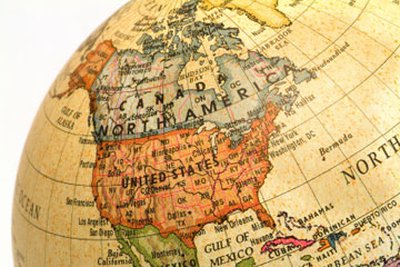13 Feb 2013
Seminars,
12:15 - 13:45,
Anna Nussbaum Auditorium, WTI,
Bern
Sauvé, Pierre
A New EU Investment Treaty: Convergence towards the NAFTA Model?
Brown Bag Seminar by Nikos Lavranos, Ministry of Foreign Affairs, The Netherlands
Abstract
The EU is about to conclude an FTA with Canada (CETA) which includes an investment chapter. A similar free trade agreement (FTA) will soon be concluded by the EU with Singapore and India. Moreover, the EU has obtained a negotiation mandate to conclude such an FTA with Japan; very shortly the US and China will follow suit. The draft texts of the investment chapter of CETA and the one with Singapore largely follow the North American Free Trade Agreement (NAFTA)/US 2012 model bilateral investment treaty (BIT) text. It is safe to assume that this will also be the case with regard to the FTAs with Japan, the US and China. Accordingly, the NAFTA model will have succeeded in being globally accepted and adopted by the most important economies of the world. Thus, the approach of limiting investment protection by applying the minimum standard of customary international law, using carve-outs and exceptions for specific sectors, increasing "policy space" by allowing indirect expropriation for public policy reasons without compensation, using qualified national treatment and most-favoured nation treatment etc. will then have gained general acceptance on a global level.
Considering that most, if not all, EU Member States, have based their investment policy on the German/Dutch "gold standard" BITs, the fact that the EU is adopting the NAFTA model is a very significant change. The main question that will be discussed is whether this move could potentially put the EU in the role of creating de facto a Plurilateral Model Investment Treaty, which would encompass the EU, Canada, the US, Japan, China and Singapore. What are the obstacles and consequences from the point of view of EU Member States and their investors, if the EU were to fill the "NAFTA-gap" that currently obtains between North America and Asia?
Biography of the Speaker
Nikos Lavranos (1971) is currently a Senior Trade Policy Advisor responsible for all Dutch BITs at the Dutch Ministry of Foreign Affairs in The Hague, the Netherlands. From 2008-2009, he was a Max Weber Fellow (working with Prof. E-U Petersmann at the European University Institute (EUI) in Florence, Italy. From 2007–2008, he was Senior Advisor for European strategy for the Board of Directors of the Dutch Competition Authority. From 2002–2007, he was a Senior Researcher in public international law and Assistant Professor in European law at the University of Amsterdam, the Netherlands. He received both his PhD in Law and LLM degree (with distinction) from Maastricht University, the Netherlands and a Law degree from J.W. Goethe University Frankfurt, Germany. He has published widely on EU law, WTO law, investment law and public international law. Since 2011, he has been Editor-in-Chief of the Hague Yearbook of International Law (HYIL).


